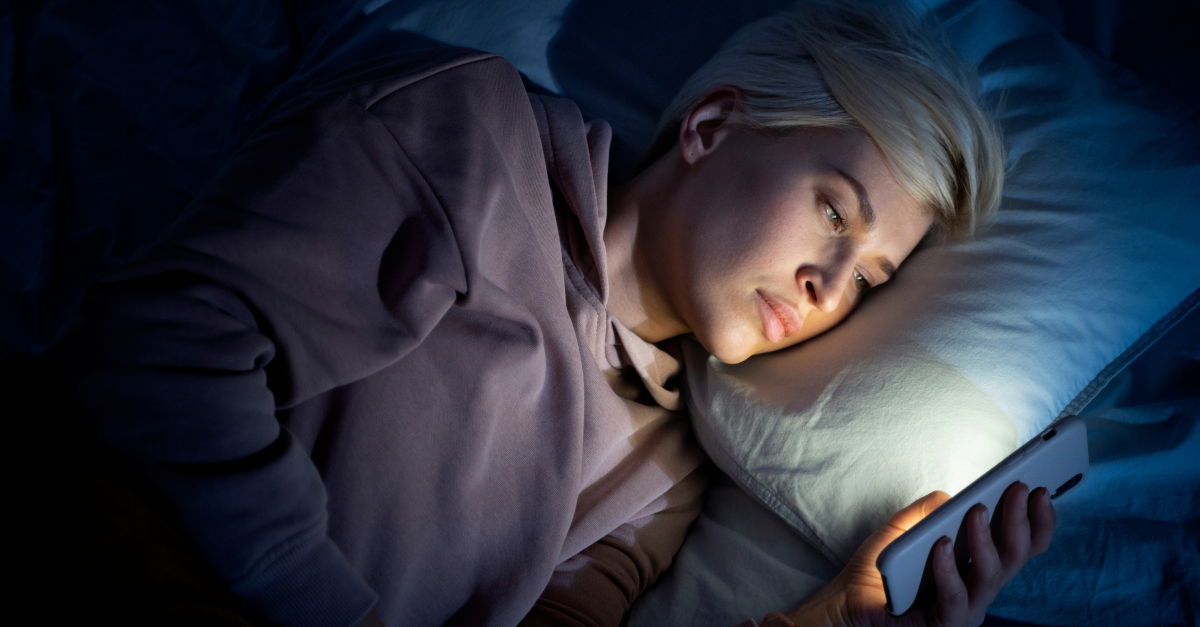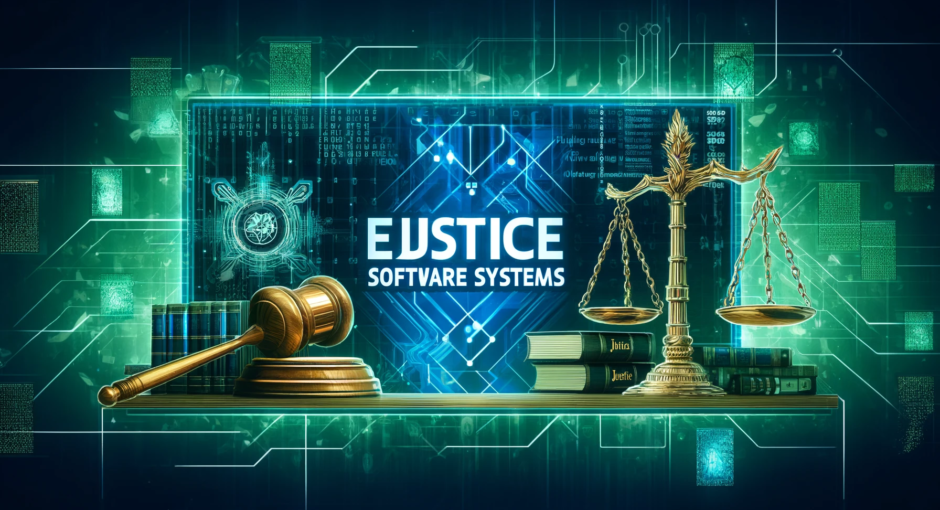Artificial intelligence (AI) has the potential to impact human sleep in various ways, both positive and potentially negative. Here are some ways AI can influence human sleep.
Positive Impacts
- Sleep Monitoring and Tracking. AI-powered wearables and devices can monitor sleep patterns, providing valuable insights into sleep quality, duration, and disturbances. This information can help individuals make informed decisions to improve their sleep habits.
- Personalized Sleep Recommendations. AI algorithms can analyze sleep data and provide personalized recommendations for improving sleep quality. These recommendations might include adjustments to bedtime routines, sleep environments, or even dietary changes.
- Sleep Disorder Diagnosis. AI can assist in the early detection and diagnosis of sleep disorders by analyzing data collected from wearable devices or medical equipment. This can lead to quicker intervention and treatment.
- Smart Sleep Devices. AI can power smart mattresses, pillows, and other sleep-related products that adjust firmness, temperature, and positioning to optimize sleep comfort.
- Sleep Soundscapes and Relaxation. AI-generated ambient sounds, soothing music, or guided meditation can help individuals relax and fall asleep more easily.
- Circadian Rhythm Optimization. AI algorithms can suggest optimal sleep-wake schedules based on an individual’s natural circadian rhythm, potentially improving sleep quality and daytime alertness.
Potential Concerns
- Overreliance on Technology. Relying too heavily on AI for sleep monitoring and recommendations might lead to a detachment from natural cues and a reduced understanding of one’s own body.
- Privacy Concerns. The data collected by AI-powered sleep tracking devices could raise privacy concerns if not handled securely and ethically.
- Sleep Fragmentation. Constant monitoring and notifications from AI devices could potentially disrupt sleep if they cause individuals to wake up frequently during the night.
- False Positives/Negatives. AI-driven sleep disorder detection could yield false positives or negatives, leading to unnecessary anxiety or missed diagnoses.
- Disruption of Bedtime Routine. Depending on the AI applications used, bedtime routines that involve screen time or interactions with AI could potentially interfere with winding down before sleep.
- Unrealistic Expectations. Individuals might develop unrealistic expectations about the effectiveness of AI in solving all sleep-related issues, leading to disappointment if their sleep problems persist.
Sleep-helping and monitoring software applications
| Software/Application | Description | Features and Benefits | Platforms |
|---|---|---|---|
| Sleep Cycle | Uses AI to analyze sleep patterns and wakes users up during light sleep phases for a more refreshed awakening. | Sleep tracking, Smart Wake-Up, Sleep analysis, Sleep aid sounds | iOS, Android |
| Fitbit Sleep Score | Provides sleep tracking and a Sleep Score based on sleep duration, quality, and disruptions. | Sleep tracking, Sleep Score, Sleep Stages analysis | iOS, Android |
| Oura Ring | A smart ring that monitors sleep patterns, body temperature, and activity to provide insights on sleep quality. | Sleep tracking, HRV analysis, Sleep readiness score, Sleep stages, Body temperature monitoring | iOS, Android |
| Pillow | A sleep tracking app that uses AI to analyze sleep patterns and provides detailed sleep statistics. | Sleep tracking, Heart rate analysis, Sleep stages, Sleep notes | iOS |
| SleepScore | Utilizes AI to assess sleep quality and provides personalized recommendations for improving sleep. | Sleep tracking, Sleep Score, Sleep improvement tips, Sleep environment assessment | iOS, Android |
| Relax Melodies | Offers a variety of AI-generated soothing sounds, melodies, and guided meditations to aid relaxation and sleep. | Sleep soundscapes, Guided meditation, Mix and match sounds, Sleep stories | iOS, Android |
| SleepWatch | Monitors sleep patterns and provides insights into sleep trends, heart rate variations, and sleep disruptions. | Sleep tracking, Heart rate analysis, Sleep trends, Sleep goals | iOS, Apple Watch |
| Sleepzy | Uses AI to track sleep and provides insights into sleep duration, disturbances, and overall sleep quality. | Sleep tracking, Sleep analysis, Smart Alarm, Sleep notes | iOS, Android |
| Calm | Offers AI-generated guided meditations, sleep stories, and relaxation techniques to promote better sleep. | Guided meditation, Sleep stories, Breathing exercises, Sleep music | iOS, Android |
| Noisli | Provides AI-generated background noise and soundscapes to create a calming sleep environment. | Ambient sounds, Soundscapes, White noise, Customizable mixes | Web, iOS, Android |
AI has the potential to significantly impact human sleep by providing valuable insights, personalized recommendations, and innovative solutions. However, it’s important to use AI in a balanced and thoughtful manner, taking into consideration both the benefits and potential drawbacks. It’s always advisable to consult with healthcare professionals for serious sleep-related concerns.



